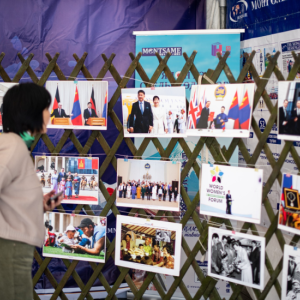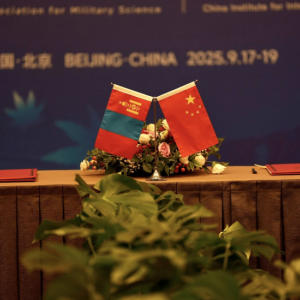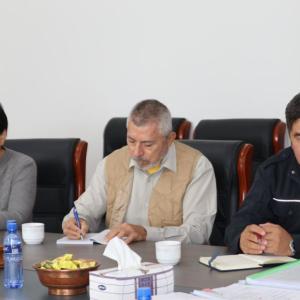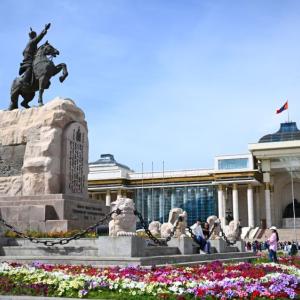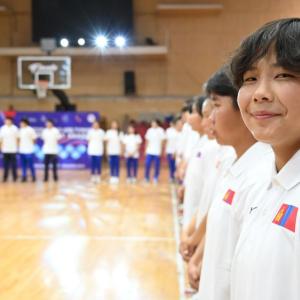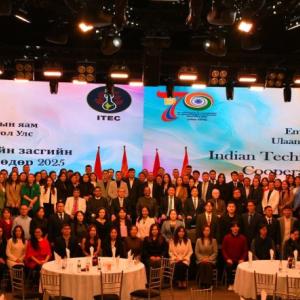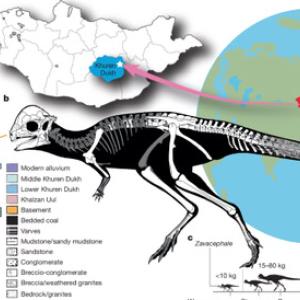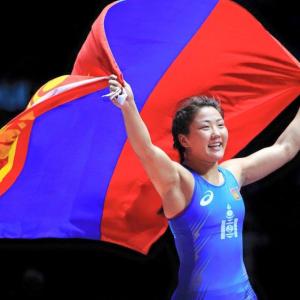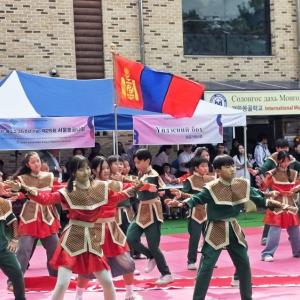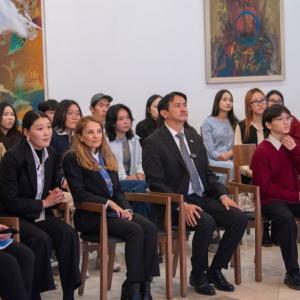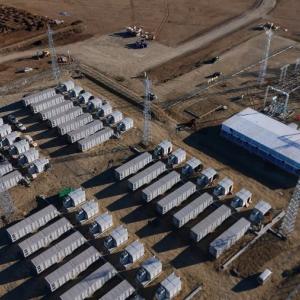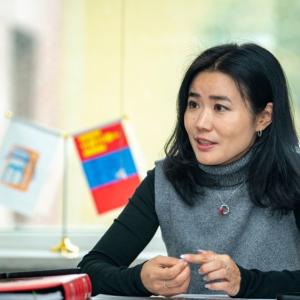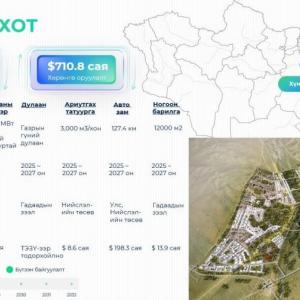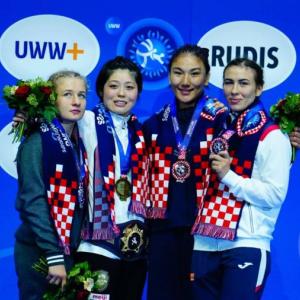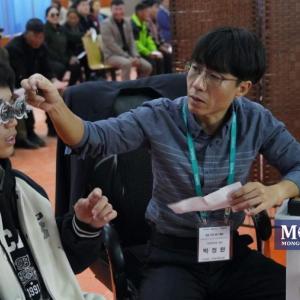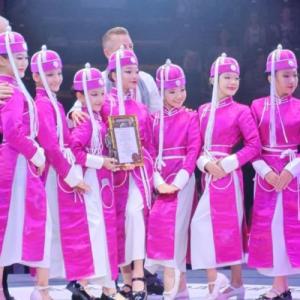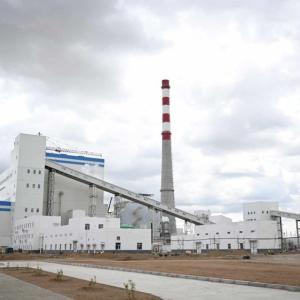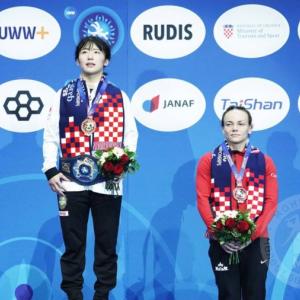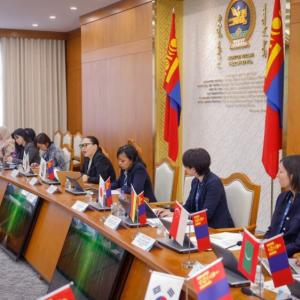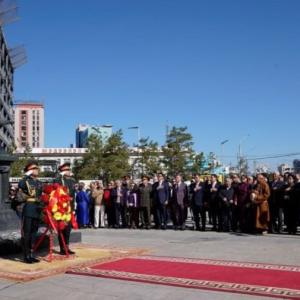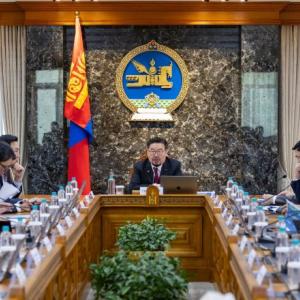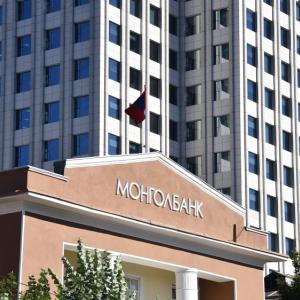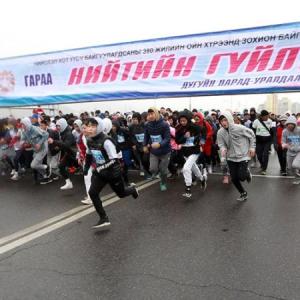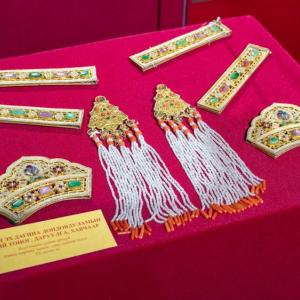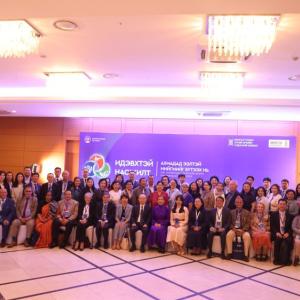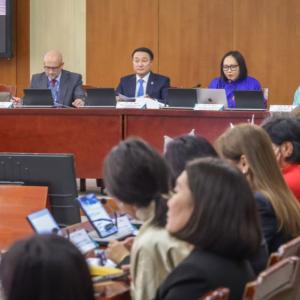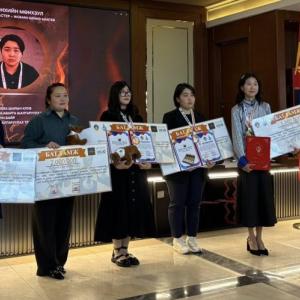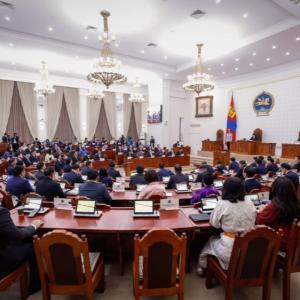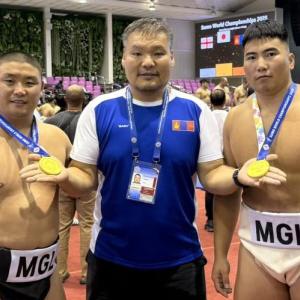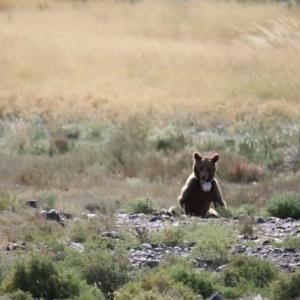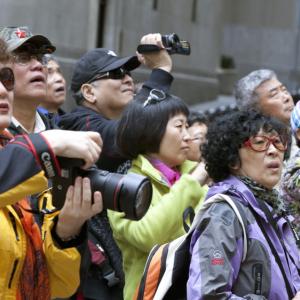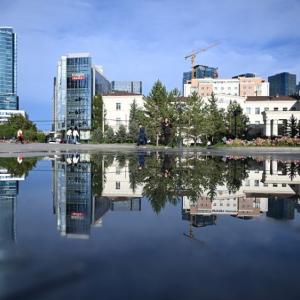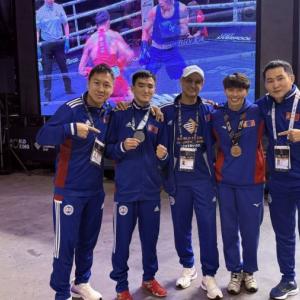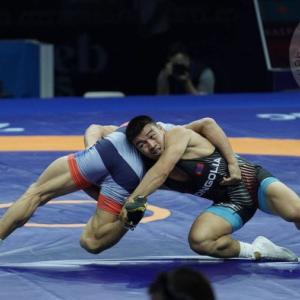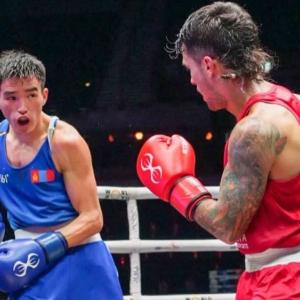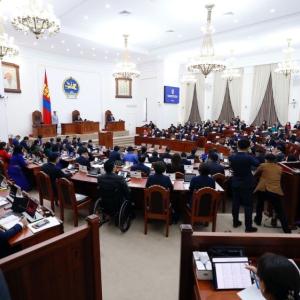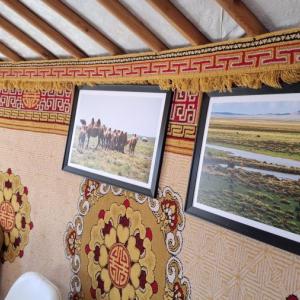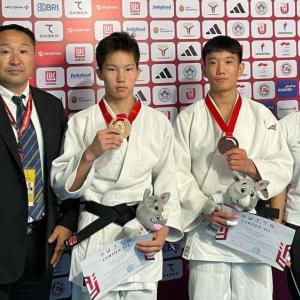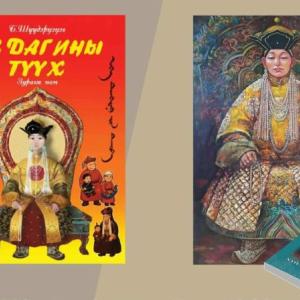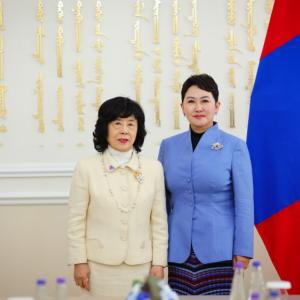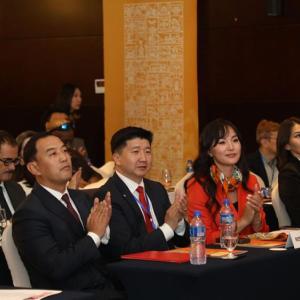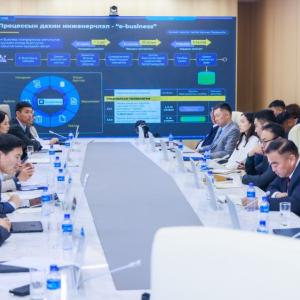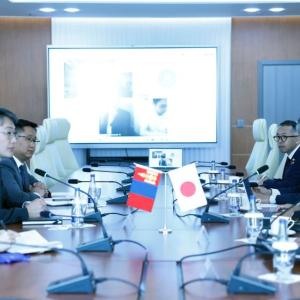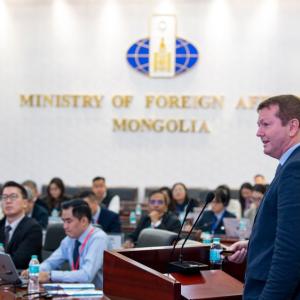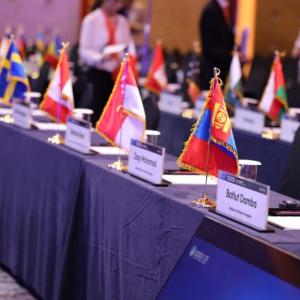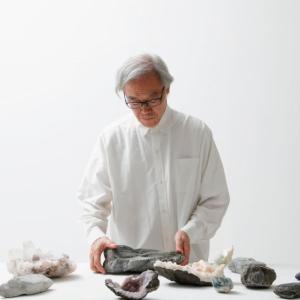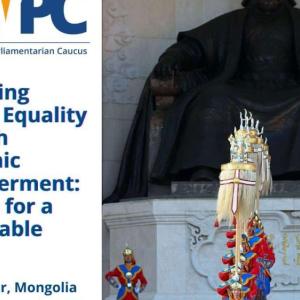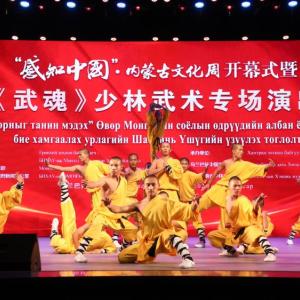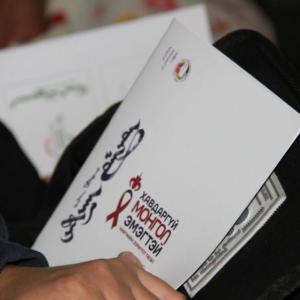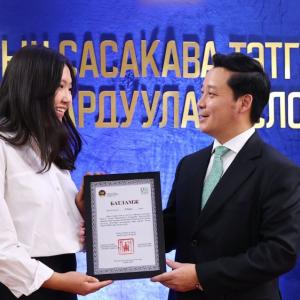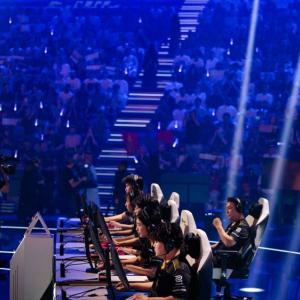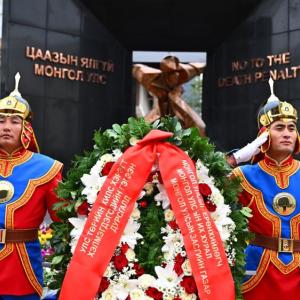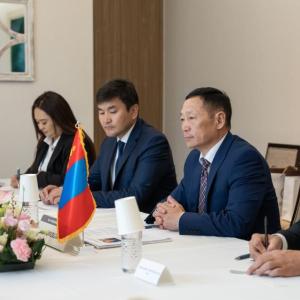Mongolian and Japanese Citizens Plant Trees in "Nogoon Nuur" Park
Society
Ulaanbaatar, May 19, 2025 /MONTSAME/. On May 18, 2025, a Tree-Planting Ceremony was held at “Nogoon Nuur” Park, located in the 12th khoroo of Chingeltei district, Ulaanbaatar, where Mongolian and Japanese citizens, as well as Ambassador Extraordinary and Plenipotentiary of Japan to Mongolia Igawahara Masaru, took part in the tree-planting efforts.
The Ceremony took place near the “Sakura” Ger Museum, established within the park to honor Japanese soldiers who contributed to Mongolia’s post-World War II development. The museum displays pictures of those Japanese soldiers who, between 1945 and 1947, were involved in building roads and bridges in Ulaanbaatar, as well as in constructing prominent structures such as the State Palace, the Sukhbaatar Square, the 72-unit residential building behind the State Palace, the National University of Mongolia, the State Opera and Ballet Academic Theatre, the Songino Resort, and the Government Resort in Ikh Tenger area.
The “Sakura” Ger Museum was established in 2022 in commemoration of the 50th anniversary of the establishment of diplomatic relations between Mongolia and Japan.
 S. Ulziitogtokh, initiator of the “Sakura” Ger Museum, noted, “Many of the roads, bridges, and buildings constructed during that time remain in use today. The Museum also includes brief excerpts from interviews with those who witnessed and took part in these events. For instance, Mr. Saito arrived in Mongolia in December 1945 and worked at an automobile repair plant in Ulaanbaatar. He later returned to Japan with his comrades on November 19, 1947. He personally shared these memories with me.”
S. Ulziitogtokh, initiator of the “Sakura” Ger Museum, noted, “Many of the roads, bridges, and buildings constructed during that time remain in use today. The Museum also includes brief excerpts from interviews with those who witnessed and took part in these events. For instance, Mr. Saito arrived in Mongolia in December 1945 and worked at an automobile repair plant in Ulaanbaatar. He later returned to Japan with his comrades on November 19, 1947. He personally shared these memories with me.”
 Among the attendees was 103-year-old Mongolian veteran G. Chogsomjav, who traveled from Zuunkharaa soum in Selenge aimag to participate in the Ceremony. The veteran recalled serving in the 9th Division of the Ministry of Internal Affairs of the Mongolian People's Republic during that period, overseeing captured Japanese soldiers. “They carried out labor such as logging, digging foundations, and crushing stones. When they arrived, they were dressed in summer clothing, with no winter gear. Coming from a warmer climate, they often commented on how cold it was,” he recounted.
Among the attendees was 103-year-old Mongolian veteran G. Chogsomjav, who traveled from Zuunkharaa soum in Selenge aimag to participate in the Ceremony. The veteran recalled serving in the 9th Division of the Ministry of Internal Affairs of the Mongolian People's Republic during that period, overseeing captured Japanese soldiers. “They carried out labor such as logging, digging foundations, and crushing stones. When they arrived, they were dressed in summer clothing, with no winter gear. Coming from a warmer climate, they often commented on how cold it was,” he recounted.
 Ambassador Extraordinary and Plenipotentiary of Japan to Mongolia Igawahara Masaru expressed appreciation for the opportunity to attend the Ceremony, stating, “It is an honor to participate in this meaningful event. Mr. Chogsomjav shared valuable recollections of the time. I hope many visitors will come to the Sakura Ger Museum and reflect on the contributions of the Japanese people to Mongolia’s development.”
Ambassador Extraordinary and Plenipotentiary of Japan to Mongolia Igawahara Masaru expressed appreciation for the opportunity to attend the Ceremony, stating, “It is an honor to participate in this meaningful event. Mr. Chogsomjav shared valuable recollections of the time. I hope many visitors will come to the Sakura Ger Museum and reflect on the contributions of the Japanese people to Mongolia’s development.”





 Ulaanbaatar
Ulaanbaatar
